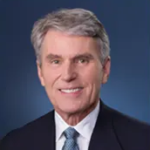“We can only hope that the new amendments…are more effective in enforcing Rule 702’s gatekeeping requirements than were the 2000 amendments.”
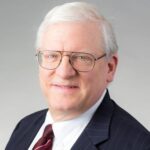
“Don’t Say Daubert” (DSD) is a joint project of Lawyers for Civil Justice, DRI, International Association of Defense Counsel, and Federation of Defense & Corporate Counsel dedicated to reforming federal and state civil rules governing the admission of expert evidence in civil courts.



We propose and support amendments to federal and state civil rules governing the admission of expert evidence. We advocate before judicial rulemaking committees as well as state legislatures to effectuate change. We also work to inform the wider legal community about the meaning of Federal Rule of Evidence 702, the amendment to Rule 702 that took effect on December 1, 2023, and the need for reform of equivalent state rules.
Using the name “Daubert” as shorthand for expert testimony admissibility is misleading because Rule 702, not caselaw, defines the applicable standards. Words matter in the practice of law. Referring to Rule 702 motions, Rule 702 hearings, and Rule 702 decisions is the accurate way to talk about expert evidence admissibility. Don’t Say Daubert.
Referring to Rule 702 motions, Rule 702 hearings, and Rule 702 decisions is the accurate way to talk about expert evidence admissibility. Don’t take our word for it – Judge Frank Easterbrook of the United States Court of Appeals for the Seventh Circuit asked in oral argument in the Hillman v. Toro appeal, why counsel continue to reference the foundational but superseded Daubert precedent, saying:
“You do realize that Rule 702 has been amended – twice – since Daubert to replace the Supreme Court’s standard with a new standard in the rule. Shouldn’t we just refer to Rule 702?”
Listen to Judge Easterbrook’s remarks here:
Click here for Judge Easterbooks full remarks.
Learn about Don’t Say Daubert efforts to reform rules of evidence in states across the country
The new amendment to Federal Rule of Evidence 702 that takes effect on December 1, 2023, clarifies that:
Courts must determine admissibility before allowing an expert witness to testify
The proponent of expert testimony must establish admissibility by a preponderance of the evidence
The court’s “gatekeeping” responsibility doesn’t end when admissibility is determined, but is ongoing and includes everything the expert says
Read what industry experts are saying about Rule 702.
“We can only hope that the new amendments…are more effective in enforcing Rule 702’s gatekeeping requirements than were the 2000 amendments.”

“The unanimous vote marked a victory for defense lawyers and business-oriented groups like Lawyers for Civil Justice who pushed for toughening the standards of Rule 702 of the Federal Rules of Evidence, which governs expert testimony admissibility.”

“LCJ strongly supports the amendment to Rule 702, which will make clear that courts, not juries, are the gatekeepers for the admissibility of expert opinion into the courtroom.”
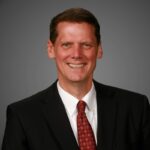
“Misapplications [of Rule 702] can have huge consequences because they unfairly influence trial verdicts, especially in high-stakes muti-district litigation which can have thousands of cases and billions of dollars at risk.”

“Federal Rule of Evidence 702, not the Daubert holding, sets the admissibility standard. Many courts mistakenly take their guidance about the gatekeeping function from prior court rulings, rather than the rule.”
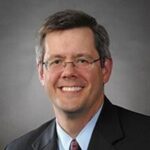
“In the meantime, since the same problems that are motivating the federal amendment exist with state rules (perhaps even more so), many state courts and legislatures will consider similarly amending their expert admissibility rules. Doing so will ensure that state courts have their own appropriate standards for expert evidence, as well as provide important consistency between state and federal systems.”
